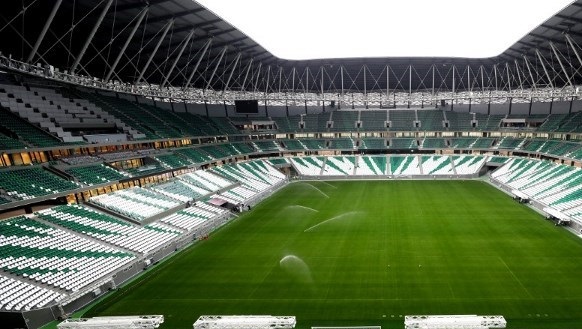DOHA (Qatar): The FIFA World Cup Qatar 2022 Sustainable Stadiums report compiled by the Supreme Committee for Delivery & Legacy (SC) outlined the sustainability features of each of the tournament venues in relation to design, construction and legacy.
Eight stadiums will host matches during the FIFA World Cup Qatar 2022.
Three of those venues – Khalifa International, Al Janoub and Education City – have already been unveiled, with the remaining five set to be completed long before the tournament kicks off on 21 November 2022.
Commenting on the release of the report, Eng. Bodour Al Meer, Sustainability & Environment Senior Manager at the SC said: “Sustainability has been at the heart of all our tournament preparedness efforts from the day we were awarded the rights to host the world’s largest football tournament, back in 2010.
“In particular, we have always aimed to ensure that the construction and development of our tournament infrastructure leaves a positive legacy for our planet and sets new standards for delivering sustainable, carbon neutral, mega-sporting events in the future.”
“Stadiums are key in FIFA’s efforts to stage successful and more sustainable FIFA World Cups,” said Federico Addiechi, Head of Sustainability and Environment at FIFA.
“With the publication of this report, we can clearly see the ways in which the FIFA World Cup 2022 preparations have delivered as per the bidding guidelines – and are continuing to deliver – on that goal. The innovative approach adopted by the SC to develop and use new environmental technologies will guarantee a significant legacy for the region and beyond.”
According to the mandatory requirement of FIFA, each Qatar 2022 stadium must achieve a four-star rating under the Global Sustainability Assessment System, which is managed by the Gulf Organisation for Research and Development.
Education City Stadium and Al Bayt Stadium recently became the first Qatar 2022 tournament venues to achieve a five-star rating. (Source: FIFA.com)











